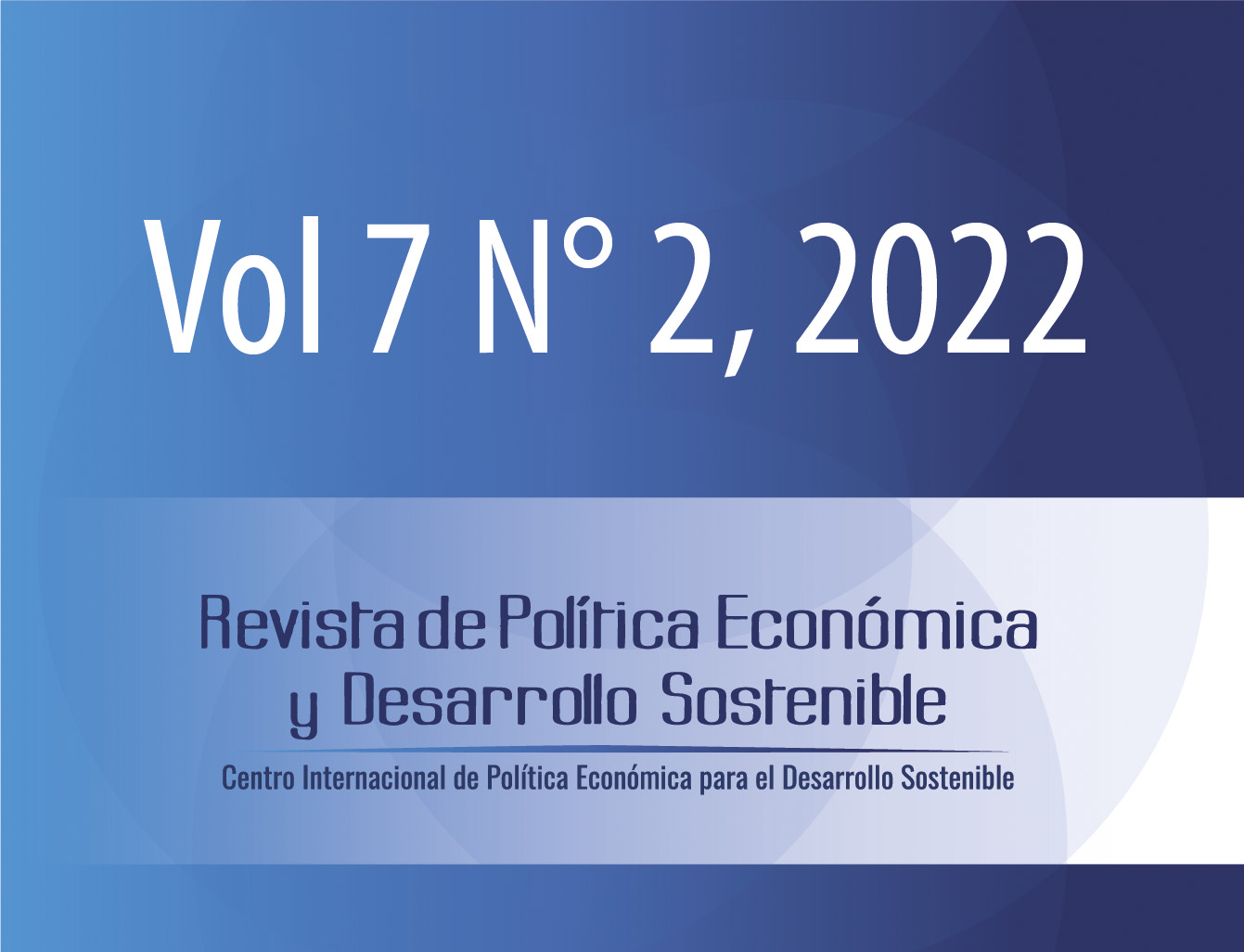Economic measures of well-being
A glance at the current state of affairs
DOI:
https://doi.org/10.15359/peds.7-2.2Keywords:
social welfare, economic and social development, socio-economic indicators, development policy, economic policyAbstract
The measurement of development and well-being is central to implement public policy. Appropriate measures must be necessary for the space in which it required to influence, and culminative and cumulative results is preferable. Nowadays, different indicators and metrics are developing, so navigating the field can be difficult without an idea of the big picture. The objective of this article is to make a brief review of the current state of affairs on the discussion of welfare measures. Considering objective and subjective orientations, the approach of resources, quality of life, subjective well-being is presented, as well as sustainability, which is a cross-cutting theme to all of them. Its main characteristics, advantages, and shortcomings are also shown, as well as possible relations and interactions between them. We conclude that appropriate metrics must be selected for a scientific and responsible implementation of public policy, those representative for the initial conditions and the incidence, as a synthesis between concreteness and representativeness.
References
Alkire, S. (2015). Capability Approach and Well-Being Measurement for Public Policy. OPHI Working Paper, 94, Oxford University. https://www.ophi.org.uk/wp-content/uploads/OPHIWP094.pdf
Comisión Europea (2010). Reglamento relativo al sistema de cuentas nacionales y regionales de la Unión Europea. Anexo A: Cuentas Satélites. Bruselas. https://eur-lex.europa.eu/resource.html?uri=cellar:c914adda-f94f-43fe-a729-79f41211e190.0004.03/DOC_22&format=PDF
Cuadrado, J. R. (2001). Política Económica: Objetivos e instrumentos. Madrid: McGraw-Hill Interamericana.
Graham, C. (2017). Happiness and economics: insights for policy from the new ‘science’ of well-being. Journal of Behavioral Economics for Policy, 1(1), 69-72. https://www.sabeconomics.org/wordpress/wp-content/uploads/JBEP-1-1-10-F.pdf
Kahneman, D. (2012). Pensar rápido, pensar despacio. Barcelona: Penguin Random House, Grupo Editorial S.A.U.
Mora, R. (1-3 de diciembre, 2021). Una interpretación ecologista de la teoría rawlsiana de la justicia [Nuevas perspectivas teóricas y metodológicas sobre la socioeconomía]. V Reunión Iberoamericana de Socioeconomía. Madrid. https://sase.confex.com/sase/5im/meetingapp.cgi/Paper/18595
Overton, H. T. (1960). A history of economic thought: Social ideas and economic theories from Quesnay to Keynes. New York: McGraw-Hill.
Sen, A. (1999). Development as freedom. New York: Alfred A. Knopf, Inc.
Sen, A. (2019). La idea de la justicia. Barcelona: Penguin Random House, Grupo Editorial S.A.U.
Stiglitz, J., Sen., A. & Fitoussi, J.P. (2009). Report by the Commission on the Measurement of Economic Performance and Social Progress. Paris: Institut National de la Statistique et des Études Économiques (INSEE). https://ec.europa.eu/eurostat/documents/8131721/8131772/Stiglitz-Sen-Fitoussi-Commission-report.pdf
Weber, M. (2021). Behavioral optimal taxation: Aspirations. Journal of Behavioral Economics for Policy, 5(1), 19-26. https://sabeconomics.org/wordpress/wp-content/uploads/JBEP-5-1-3.pdf







